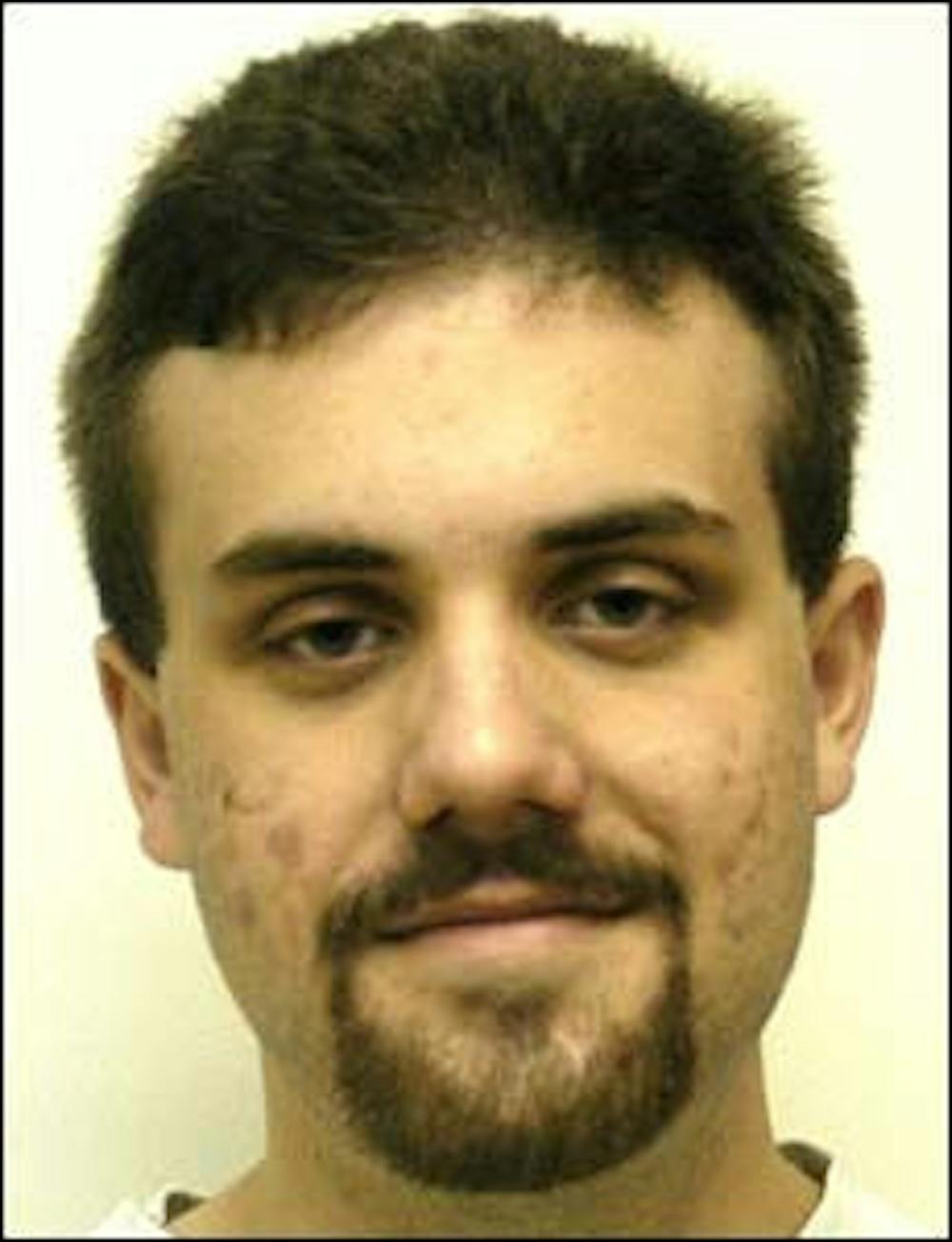No one ever said democracy is easy. In the student government offices on the third floor of the Memorial Union, we've been learning this lesson first hand. By now, most of you are aware that Associated Students of ASU elections have been postponed until Wednesday and Thursday.
Last Monday, the ASASU Supreme Court imposed an injunction on elections to obtain more time to consider a pending elections case. The case -- Lloyd Fraction v. Charles Ham and Charles Lundquist -- if upheld, would disqualify executive candidates Ham and Lundquist from elections on the grounds of elections code violations and falsification of documents.
It is important to note that the elections commission has already ruled on this issue, and that the case before the Supreme Court is an appeal of this verdict.
While Undergraduate Student Government respects the authority of our Supreme Court, we are troubled by their decision. In response to the injunction, the USG Senate passed Senate Bill 68 to issue the following statement:
"Taking into consideration the recent student government elections postponement, the USG Senate believes it necessary to issue a statement of concern regarding this decision. The ASASU Supreme Court ruled to postpone the elections on the grounds that neither the plaintiffs nor the defendants produced enough evidence to support or overturn the expulsion of the defendants. Unfortunately, this position overlooks several key facts.
The primary issue is that the court case heard by the ASASU Supreme Court was an appeal over which the court had no original jurisdiction. The elections commission has already ruled that the defendants violated the elections code, falsified documentation and should therefore be disqualified.
For the elections commission decision to be overturned in an appellate court, the burden of proof falls upon the defendants to prove that they did not commit a violation, despite testimony from our elections director that they did. If neither side presents sufficient evidence, the commission's decision should hold, and a postponement to the elections would be unnecessary.
Furthermore, the USG holds that the decision to postpone elections is an overly broad declaration that penalizes individuals who are not associated with presidential tickets. Along with executive candidates, senate candidates, PAB candidates and [Graduate and Professional Student Association] candidates all suffer.
The postponement is a completely unexpected delay that no candidate could have anticipated. Many contenders have already expended their budget, and this additional campaign time gives an unfair advantage to candidates who may have additional budgetary reserves. It also gives an unfair advantage to candidates who started late within the campaign process.
The deepest concern of the USG is that this postponement will result in a decrease in voter turnout. It is our hope, however, that the additional attention placed on the election will in fact increase the number of students who participate in the process.
Our elections director and volunteers, as well as the dozens of candidates running for office, have spent hundreds of hours and thousands of dollars striving to drum up enough voter interest to hold legitimate elections, which is no easy task.
Despite this setback, the USG Senate is committed to making elections work; student government is alive and well.
Over the past year, we have registered 2,000 new voters, helped host a presidential debate and extended and expanded Safety Escort Service.
We convinced three Arizona regents to vote for our tuition counterproposal (an unprecedented event) and constructed student oversight committees to monitor campus meal services and special college fees.
We have lobbied hard on behalf of students, and we will continue to do so. One way or another, elections will happen. The voice of students will be heard."
Jonathan Confer is a political science and economics junior and a senator for Barrett Honors College. Reach him at Jonathan.confer@asu.edu.




